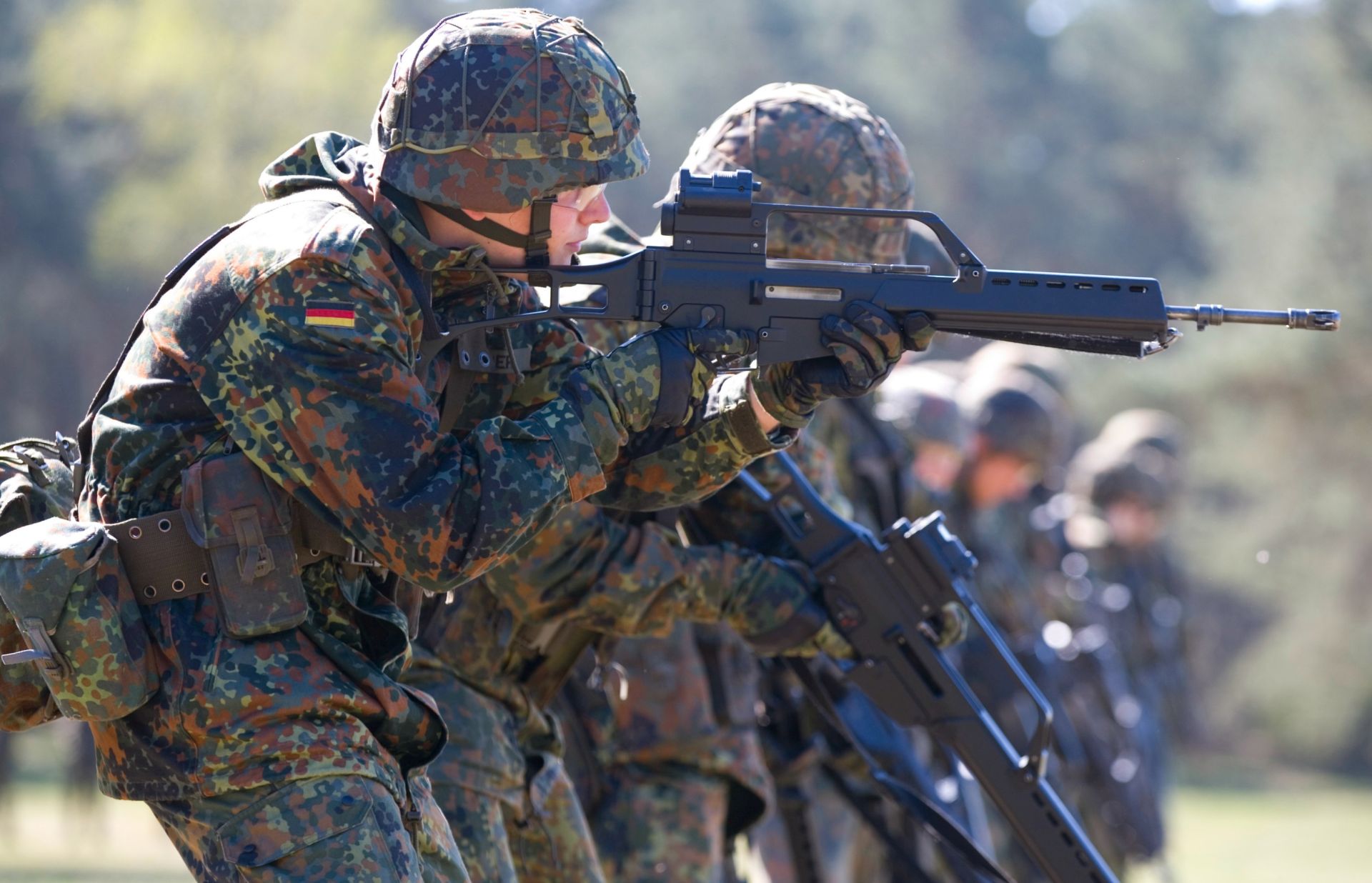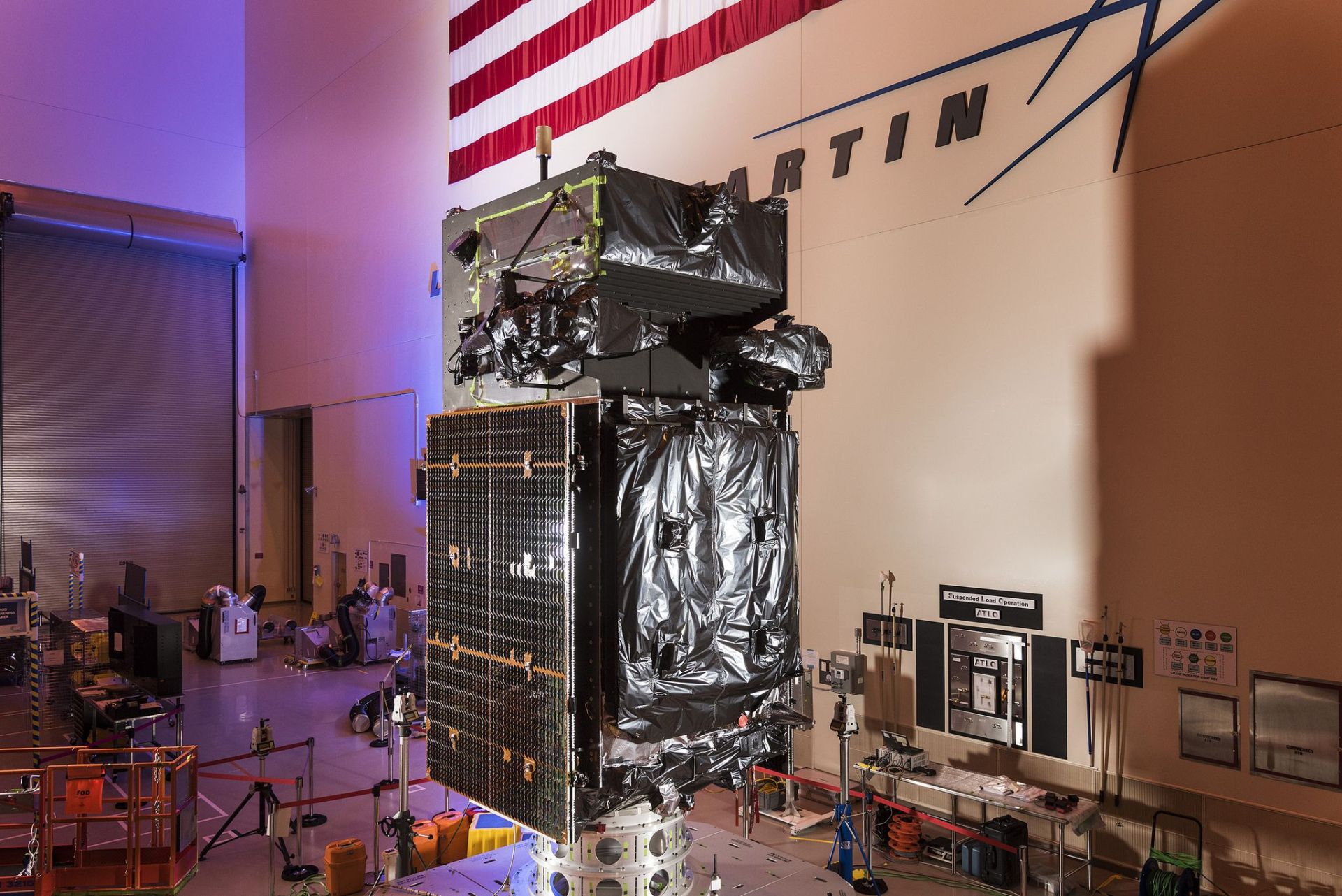Hundreds of German soldiers were preparing Thursday to deploy the Baltics as part of a force organized by the North Atlantic Treaty Organization (NATO).
Five hundred soldiers assembled near the Bavarian town of Oberviechtach for a farewell ceremony with 450 soldiers coming from the Bundeswehr and the remainder from Belgium and the Netherlands.
In the coming weeks, the Panzergrenadier battalion 122 soldiers would be deployed to the former Soviet republic Lithunia to deter Russia from military actions.
“In the past few months, we have undergone a highly intensive training,” said Christoph Huber, commander of the Panzergrenadiere.
He said the soldiers were looking forward to the “great task”.
Alongside the NATO force 26 tanks and 170 other military vehicles including Marder armored vehicles and Leopard 2 tanks would be stationed, some just 100 kilometers away from the Russian exclave of Kaliningrad.
Escalation with Russia
The troops would form of a NATO force to deter Russia by deploying combat battalions in the three Baltic states of Estonia, Latvia and Lithuania, as well as in Poland.
By the end of February, as many as 600 NATO soldiers will be stationed near Kaliningrad.
Germany’s main opposition party The Left accused NATO of aggressive behavior and an “escalationwith Russia”. But in the Bundestag the deployment was supported not only by ruling party politicians, but also by the Greens.
“It is a matter of securing the cohesion of a common Europe within NATO,” said Jürgen Trittin, an international foreign policy expert.
High-ranking military personnel in NATO expected Moscow to react to the deployment of troops, with Russia recently reporting the presence of mobile nuclear “Iskander” missiles systems in Kalingrad, which could possibly reach as far as Berlin.











